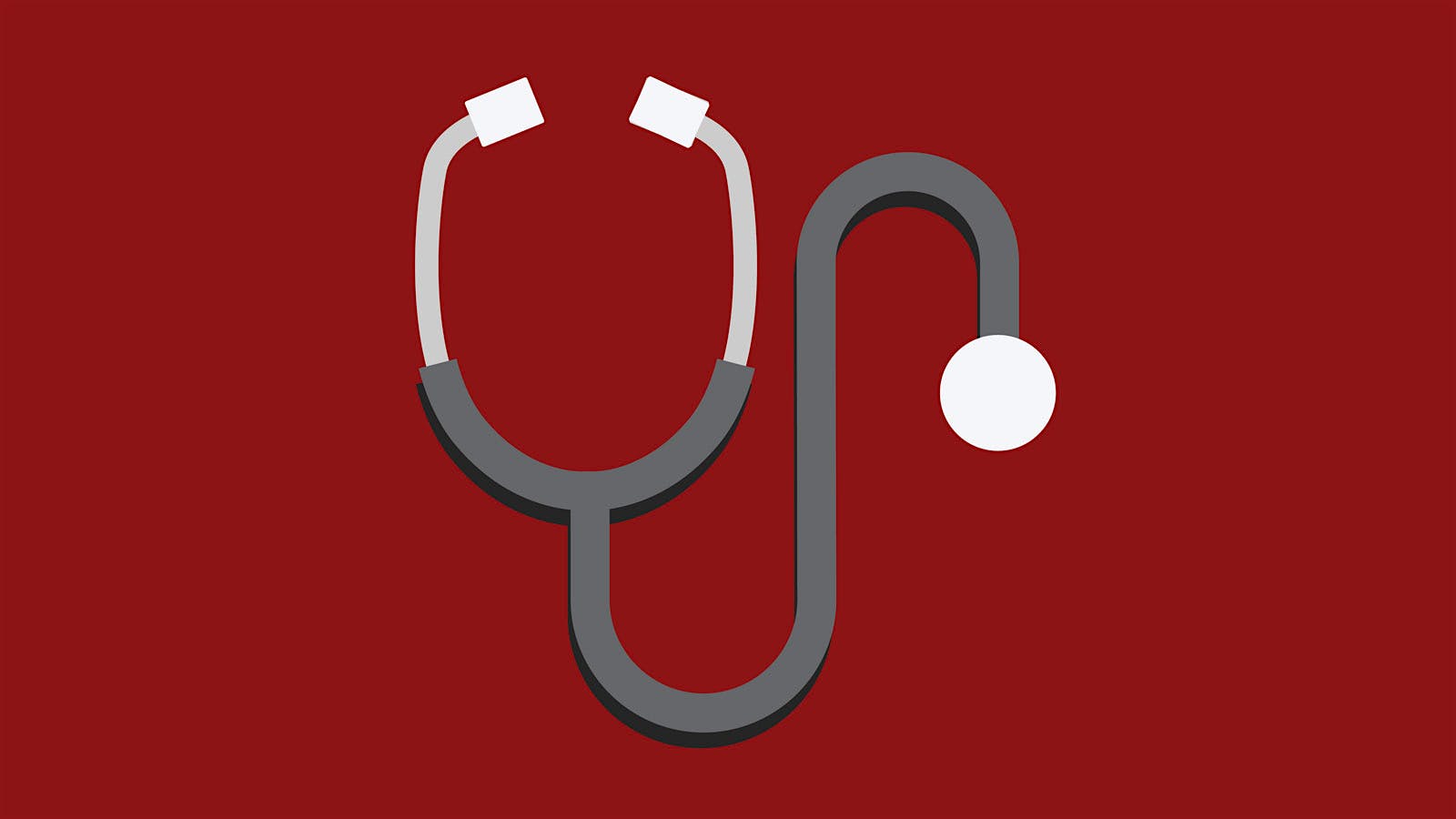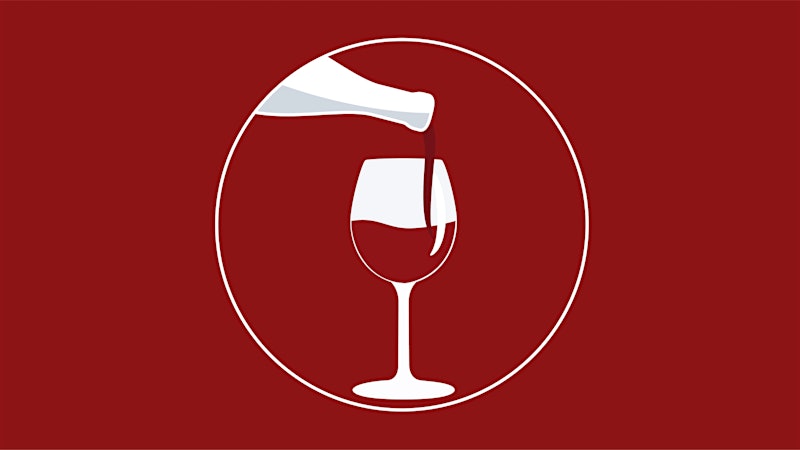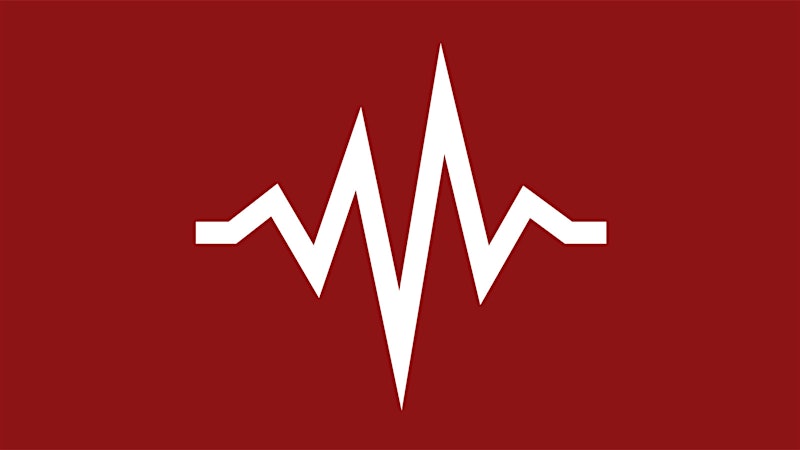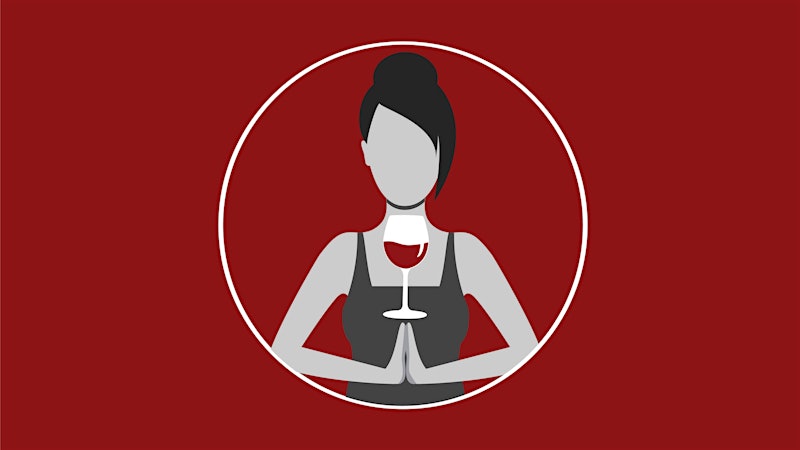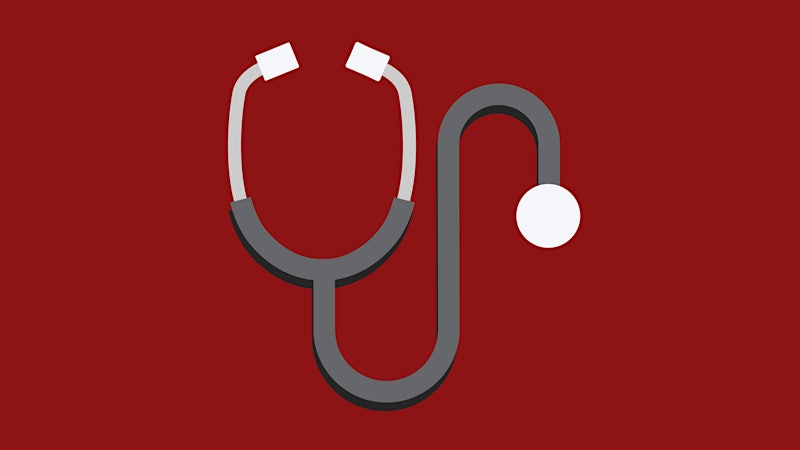Q: I’ve heard that drinking wine can lower vitamin B levels. Is that true, and should I be worried?—Jordan, Marseille, France
A: Many wine lovers wonder about the nutritional content of what’s in their glass. We’ve recently taken deep dives into dietary fiber, potassium, vitamin D and vitamin K in wine. What should you know about vitamin B, vino and your health?
What Is Vitamin B?
The B vitamins are a large class of water-soluble compounds that play an astonishing number of roles in health. They’re especially important for digestion and metabolism, brain function, skin health, transporting oxygen in the blood, and much more.
There are eight recognized B vitamins. While B6 and B12 are commonly known by their numbers, you’ll probably recognize the others by their names. The eight B vitamins are—drum roll please—thiamine (B1), riboflavin (B2), niacin (B3), pantothenic acid (B5), pyridoxine (B6), biotin (B7), folate (B9) and cobalamin (B12).
Why do the numbers skip? Scientists used to believe that several related compounds should be grouped with the B vitamins, but they are no longer recognized as properly belonging to the vitamin class.
How Much Vitamin B Is in Wine?
According to analysis performed by the United States Department of Agriculture, both red and white wine contain small amounts of thiamin, riboflavin, niacin, pantothenic acid, B6 and folate.
That said, the amounts found in wine are quite small. For instance, according to the National Institutes of Health, it’s recommended that adults consume 400 micrograms of folate per day (more is needed during pregnancy, when it plays crucial roles in fetal development). A glass of wine contains just 1 microgram, or a quarter of a percent of your daily recommended intake.
Wine does not, however, contain any B12, which isn’t found in fruits, vegetables or grains. Some vegetarians and vegans may have trouble getting enough B12 from their diets, and many people in the developing world suffer from B12 deficiency. Older people and people taking certain medications can also be at risk.
The good news is that most people get plenty of the B vitamins from food. Experts recommend eating a balanced diet rich in fruits, vegetables, grains and a diversity of protein sources (including fish, meat, eggs and dairy products) to make sure you’re getting enough.
How Does Drinking Alcohol Impact Vitamin B Levels?
While wine doesn’t contain very much of the B vitamins, drinking alcohol can impact how they’re processed in the stomach and absorbed in the small intestine. Generally speaking, moderate wine consumption as part of a balanced diet doesn’t seem to pose a risk of vitamin B deficiency.
Most studies on alcohol and B vitamins have focused on heavy, chronic drinking, which is associated with deficiencies in thiamine, folate, B6 and B12. A severe nervous system disorder called Korsakoff syndrome is caused by a thiamine deficiency, which is often associated with alcoholism. Many studies have also linked heavy drinking to B12 deficiency.
These deficiencies are probably due to two factors. First, too much alcohol damages the lining of the stomach and intestines, which reduces the body’s ability to process, absorb and transport nutrients. Second, people who drink too much alcohol are less likely to eat a balanced, healthy diet, so they often don’t consume enough B vitamins to begin with.
One 2004 study did look at the effects of moderate drinking on B12 and folate in postmenopausal women. When the women drank 30 grams of alcohol per day (a little over 2 standard drinks), their serum B12 concentrations decreased by five percent, though folate wasn’t affected. The results suggest that moderate drinking may result in slightly lower B12 levels, at least in postmenopausal women. More research is needed to determine how moderate drinking affects B12 in the general population.
As always, talk to your healthcare provider about incorporating wine into a healthy, vitamin-rich lifestyle.—Kenny Martin


